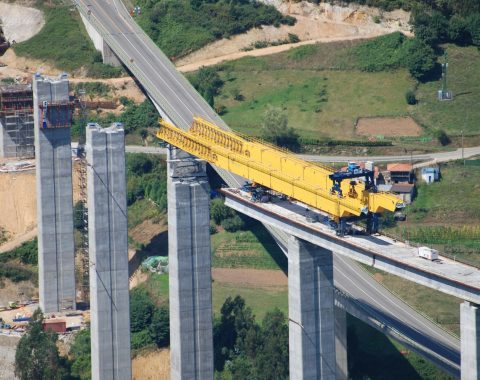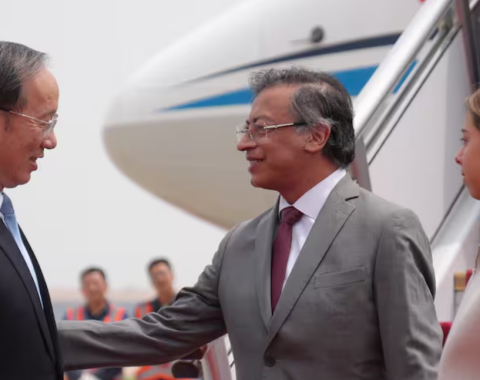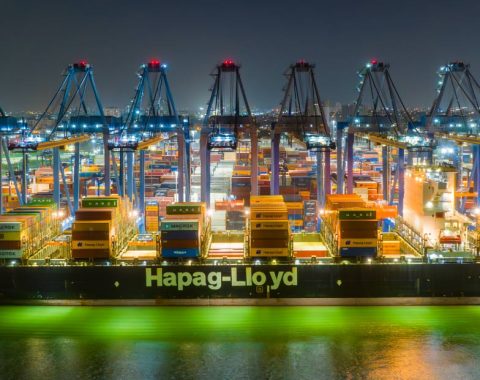One of the main promises of President Gustavo Petro, is to design policies directed at attracting investments in other productive activities, not related to the extractive industry, like oil and mining. So it’s no accident to see, the tendency registered after one year of government is promising, where some Colombian industries evidenced a notable advance in the entry of foreign direct investment (FDI). This shift in orientation would be aimed at diversifying the Colombian economy and promoting those sectors which have potential to be sustainable development and employment-generating.
The numbers show that foreign investments in the country is improving by the manufacturing industry and the sector of trade, restaurants, and hotels, respectively, with an increase that stood at 57.2% in the year 2023 compared to 2022.
Reindustrialization through Knowledge and Productivity
The foreign investment flowed into manufacturing industry and sectors of trade, hotels, and restaurants amounted to US$ 4.795 billion, just covering some 42% of FDI in non-mining energy sectors. Such inflows of foreign capital are more or less reflecting, though unconsciously, an attitude to the market; moreover, it somehow reflects an intention to support the country that is burdened with sustainable development and reindustrialization, which faces this country.
Minister of Commerce, Industry, and Tourism Germán Umaña Mendoza stated: “This is one more step toward the objective of attracting virtuous foreign direct investment that fosters the transfer of knowledge, strengthening local suppliers, and developing human capacities, all within the framework of generating employment. This direction is in line with the objectives of the Government of Change, which will ask for investments with a vocation to target the possibility of re-industrializing, based on innovation and technical progress.
A Renewed Commitment to Regional Integration and Sustainable Development
The recently concluded Pacific Alliance Summit opted to increase investment flows, tourism promotion, and exports more intensively, focusing on micro, small, and medium-sized companies (MSMEs) to further regional integration for the purpose of ensuring sustainable economic development. Assuming the pro tempore presidency of the bloc, Chile undertakes to advance actions that strengthen this mechanism of integration, focusing on the attraction of foreign direct investment and the promotion of tourism and exports between member countries and to third countries.
This approach, at the regional level, has been used for the purposes of not only boosting trade and investment but also developing strategic alliances and tools for the joint promotion of tourist destinations to empower the flow of travelers and local economies. Hence, regional integration emerges as an indispensable pillar for the promotion of reindustrialization and the attraction of sustainable investments, bearing in mind that technical progress and innovation are incorporated into the business fabric of Colombia and its neighboring countries.





